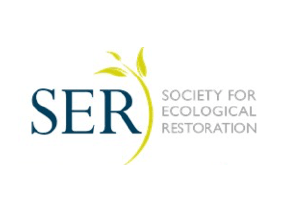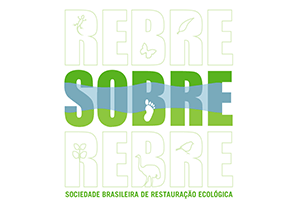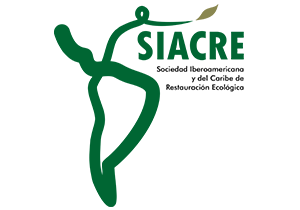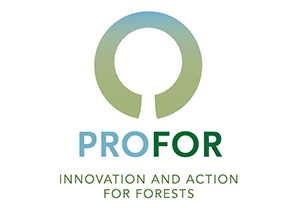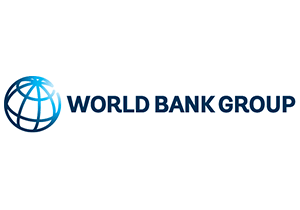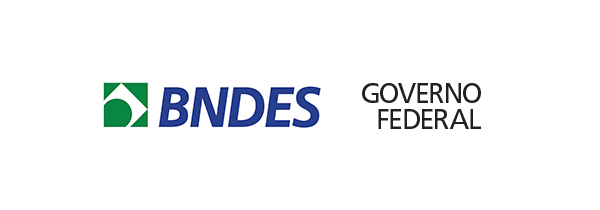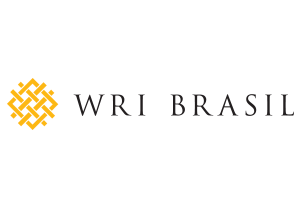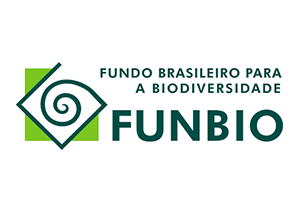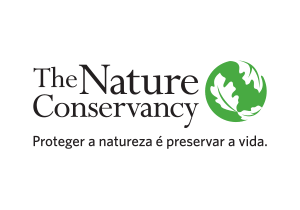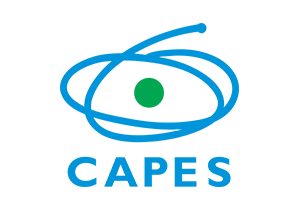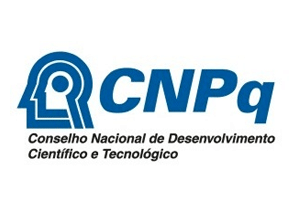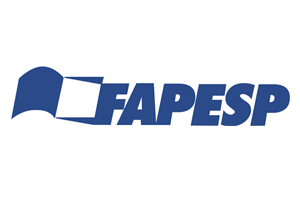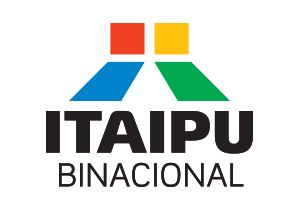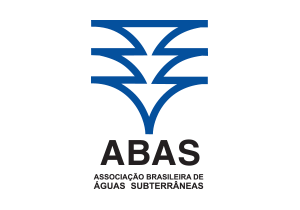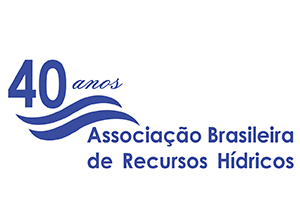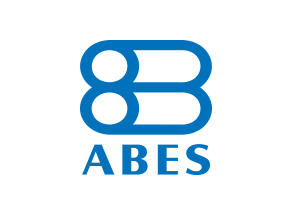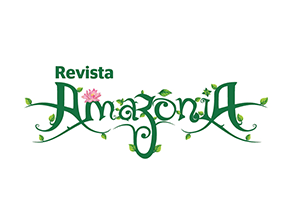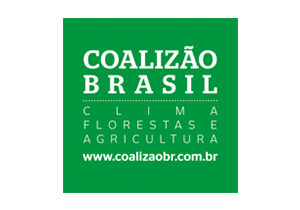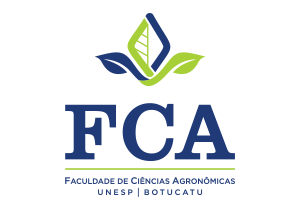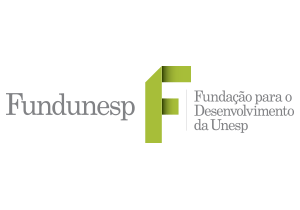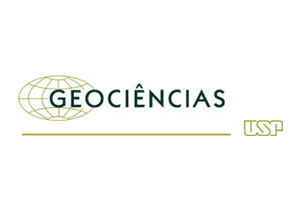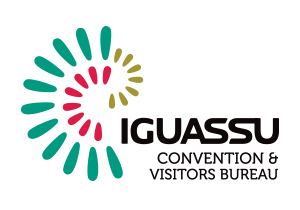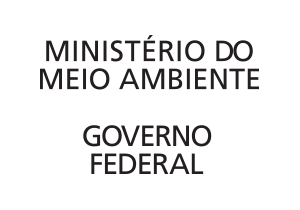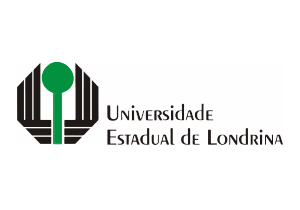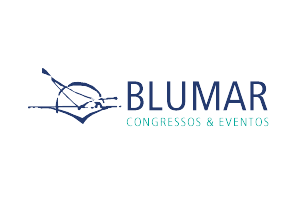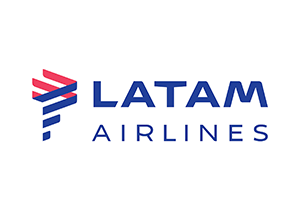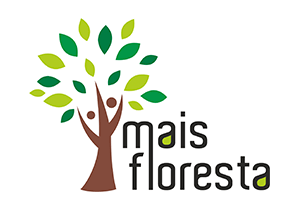Useful resources
- Best Non Gamstop Casinos Uk
- Casino Non Aams
- Casino Sites Not On Gamstop
- Melhores Casinos Online
- Bitcoin Casinos
- Casino Sites Not On Gamstop
- Non Gamstop Casino Sites UK
- Non Gamstop Casino UK
- Non Gamstop Casinos
- Non Gamstop Betting Sites
- Online Casino
- Non Gamstop Casino Sites UK
- オンラインカジノ
- Casino Not On Gamstop
- Casino Not On Gamstop
- Non Gamstop Casinos UK
- Casino En Ligne France
- Non Gamstop Casino Sites UK
- UK Online Casinos Not On Gamstop
- Casinos Not On Gamstop
- Best Betting Sites Not On Gamstop
- Siti Casino Online Non Aams
- UK Casino Sites Not On Gamstop
- Migliori Siti Casino Non Aams
- UK Casino Not On Gamstop
- Casino Non Aams
- Top 10 Casino En Ligne Belgique
- Tennis Paris Sportif
- オンカジ スロット
- 本人確認不要 オンラインカジノ
- казино крипто
- 카지노게임사이트
- Casino En Ligne 2026
- Casino En Ligne 2026
- Casino Non Aams Recensioni
- Nouveau Casino En Ligne France
- Casino En Ligne
- Nouveau Casino En Ligne 2026
- Crypto Casinos Malaysia
VII Conferência Mundial sobre Restauração Ecológica
V Congreso Iberoamericano y del Caribe de Restauración Ecológica
I Conferência Brasileira de Restauração Ecológica
Foz do Iguaçu, Brasil | 27 de agosto a 1º de setembro de 2017
- O evento
- Programa
- Programação preliminar
- Livro de resumos
- Apresentações orais
- Apresentação de pôsteres
- Informações aos Apresentadores
- Palestrantes
- Temas
- Chamada para Resumos (encerrado)
- Chamada de Propostas (encerrado)
- Cursos
- Viagens de campo durante a Conferência
- Viagens de campo Pré Conferência
- Viagens de campo Pós Conferência
- Participe
- Hotéis e Passagens Aéreas
- Informações úteis
- Patrocinadores & Expositores
- Divulgue a SER 2017
- O evento
- Programa
- Programação preliminar
- Livro de resumos
- Apresentações orais
- Apresentação de pôsteres
- Informações aos Apresentadores
- Palestrantes
- Temas
- Chamada para Resumos (encerrado)
- Chamada de Propostas (encerrado)
- Cursos
- Viagens de campo durante a Conferência
- Viagens de campo Pré Conferência
- Viagens de campo Pós Conferência
- Participe
- Hotéis e Passagens Aéreas
- Informações úteis
- Patrocinadores & Expositores
- Divulgue a SER 2017
SER 2017 received a lot of training courses proposals. Thank you very much for all submissions.
Find below the 10 courses that the Organizing and Scientific Committees selected to offer to the participants.
The courses will be held on Itaipu Technology Park and the transportation will be provided by the organization from and to Recanto Hotel.
** IMPORTANT: If the training course chosen by the participant does not reach the minimum number of participants established in each option, the Organizing Committee reserves the right to cancel the activity and will arrange a refund of the full amount of the registration made.
*** If your training course is appearing as cancelled below, the executive secretariat will contact you. If you have any doubt, please contact us by [email protected].
Training Course 01 (TC 01)
Getting Started on ROAM - better information for decision making on landscape restoration
Instructor: Aurelio Padovezi and Craig Beatty
Summary: According to a global assessment of restoration potential, there are more than two billion hectares of deforested and degraded land around the world where opportunities for some type of landscape restoration may be realized. Restoring degraded and deforested landscapes is an important step in regaining the functionality of these ecosystem and in enhancing human well-being. This can be achieved through different interventions such as: new tree plantings, managed natural regeneration, agroforestry, and improved land management to accommodate a mosaic of land uses, including agriculture, protected wildlife reserves, managed plantations, riverside plantings and more.
Nevertheless, understanding the relevance and feasibility of potential interventions across the assessment area, identifying priority areas for these interventions, quantifying cost and benefits, analyzing finance and investment options, assessing restoration readiness and addressing major policy and institutional bottlenecks, may end up being a very challenging task that prevents high-level political support for large scale forest landscape restoration world-wide.
ROAM can provide vital support to countries seeking to accelerate or implement restoration programmes and landscape-level strategies at all levels. In this regard, ROAM can also enable countries to define and implement national or subnational contributions to the Bonn Challenge and concurrently allow nations to meet existing international commitments under the Convention on Biological Diversity, United Nations Convention to Combat Desertification and the United Nations Framework to Combat Climate Change.
The present training course will offer an interactive programme covering some of the basic steps and tools needed to get started on ROAM, including opportunity maps, prioritization, cost benefit analysis, ecosystem services assessments and decision support mechanisms.
Draft programme:
This two-day capacity-development course is intended to enable technical staff and restoration practitioners with the knowledge and skills needed to implement the Restoration Opportunity Assessment Methodology - ROAM in order to produce better information for improved decision-making on landscape restoration. The syllabus outlined below details the main topics to be covered:
. Introduction to ROAM
. Organizing and Planning FLR assessment
. Situational Analysis and Degradation Maps
. FLR Opportunities and Prioritization Maps
. Ecosystem Services Evaluation (e.g. InVest/ROOT)
. Cost and Benefit Analysis
. Decision Support Approaches
. Case Studies
The main expected learning outcome of the training course is participant’s ownership of the Restoration Opportunity Assessment Methodology. Our goal will be to promote a shared understanding of FLR opportunities and the value of multifunctional landscapes, leading to better allocation of resources within restoration programmes, and engagement of key policy-makers from different sectors, fostering high-level political support for forest landscape restoration at scale.
The interactive teaching methodology will involve participants in the learning process. Dynamic activities such as role play for prioritizing exercises, card game for restoration readiness diagnosis, cost benefit analysis, amongst others, will ensure a productive and fun learning environment. To be able to guarantee full support to participants we recommend limiting enrollment to a maximum of 25 people.
In terms of equipment requirements for the course, a computer and data show projector would be necessary. We will need flipcharts and markers. Further materials needed to carry out the proposed activities will be provided by IUCN and WRI-Brasil. The costs of the staff offering the course will also be covered by IUCN and WRI-Brasil.
Date: August 26th and 27th, 2017
Time: 8:00 am to 6:00 pm
Language: Portuguese and English
Minimum: 20 participants / Maximum: 25 participants
Registration fee: US$ 110.00
Training Course 02 (TC 02)
GOVERNING LANDSCAPE RESTORATION – Assessing and enhancing landscape governance capacities for ‘good’ landscape restoration CANCELLED
Instructors: Cora van Oosten, Severino Rodrigo and Ludmila Pugliese
Summary: Landscape governance is an essential part of forest landscape restoration, as it refers to the process of multi-stakeholder interactions and decisions on what to restore, how, and for whom. This multi-stakeholder interaction forms the basis of the work of Pacto Mata Atlântica (Brazil), which brings together a range of stakeholders into a unique coalition to collectively restore their landscape. Together with Wageningen University (Netherlands), they have built a framework for strengthening the governance capacities of its stakeholders in a systematic way. During the course, participants will learn how to apply the framework to their own landscapes, and get capacitated in initiating and facilitating processes of landscape governance themselves.
Date: August 26th and 27th, 2017 (2 days)
Time: 8:00 am to 6:00 pm
Language:Portuguese and English
Minimum: 20 participants / Maximum: 25 participants
Registration fee: US$ 185.00
Training Course 03 (TC 03)
Design, Management and Visual Analysis of Databases in R CANCELLED
Instructor: Dr. David Douterlungne
Summary: The practice of restoration ecology –and ecology in the broad sense – relies heavily on our capacity to convert field data in well-designed datasets which allow drawing robust data-driven conclusions. This requires efficiently organizing information in spreadsheets and using graphical methods to detect and visualize hidden patterns in the data. Although these skills are as important as understanding and running statistical analyses, they receive poor attention in traditional stat courses.
R is a statistical programing language and is currently one of the most popular and powerful statistical tools in ecology studies. However, scholars often abort from using R due to its steep initial learning curve. This training course is designed as a jump-start for either absolute R newcomers as well as for beginners who wish to accelerate their first steps with statistical programming. Participants will learn to (i) construct robust relational databases in spreadsheets, (ii) export them to R, (iii) rapidly explore its structure and detect anomalies and (iv) visualize specific data patterns that best reinforce particular conclusions.
Exercises and showcases will be based upon real data coming from field experiments related with restoration ecology. We will use a spreadsheet program, R-studio and the popular R package “ggplot2”. The latter is ideal to customize statistical plots by adding information layers, breaking data down in smaller components or introducing visual representations of statistical models. Basic, yet powerful programing codes will facilitate and encourage further self-study of R. Participants should bring a laptop with the latest version of R (https://cran.r-project.org/), R studio (https://www.rstudio.com/products/rstudio/download) and a spreadsheet program such as Excel.
Date: August 27th, 2017
Time: 8:00 am to 6:00 pm
Language:Spanish
Minimum: 20 participants / Maximum: 25 participants
Registration fee: US$ 85.00
Training Course 04 (TC 04)
Natural Processes for the Restoration of Drastically Disturbed Sites
Instructor: David Polster
Summary: This course will be of interest to those engaged in the restoration of drastically disturbed sites (e.g. mines, industrial disturbances, etc). The course will address common problems such as a lack of soil materials, adverse soil conditions and erosion of fine textured materials (e.g. tailings). It is based on natural processes. Natural processes have been “restoring” natural disturbances since the beginning of terrestrial vegetation on the earth about 400 million years ago. Natural systems have developed to address all of the problems associated with un-vegetated sites. Bare rock is colonized by lichens and pioneering woody plants while shifting sands are revegetated with stout rhizomatous grasses and mat-forming woody species.
Understanding how these natural processes that have evolved over millions of years operate, allows us to use these processes to solve some of the toughest reclamation challenges facing us. This workshop will provide participants with a new way of looking at the restoration of challenging sites. By taking clues from how natural systems restore analogous natural disturbances we can design restoration programs to re-integrate human disturbances with the natural successional trajectories that lead to effective ecological restoration of our most severely disturbed sites.
Date: August 26th, 2017
Time: 8:00 am to 6:00 pm
Language: English
Minimum: 20 participants / Maximum: 30 participants
Registration fee: US$ 85.00
Training Course 05 (TC 05)
Epiphytes in ecological restoration of tropical forests: theory and practice CANCELLED
Instructor: Flávio Bertin Gandara, Frederico Domeni
Summary: The degradation of forest ecosystems results in loss of biodiversity, release of greenhouse gases and reduction of essential services to human survival. Among the strategies used to reverse this situation, we can highlight the application of active and passive methodologies of forest restoration. Recent assessments of restored areas demonstrate that there has been success in recovery, mainly due to the successful survival and development of tree species, which produce a forest structure similar to that found in secondary forests. However, biodiversity is much lower than the original, since other forms of life, especially shrubs, lianas and epiphytes, fundamental elements in the structure, dynamics and functioning of forest ecosystems, have difficulty to colonize these areas.
Epiphytes, plants that develop throughout their lives on other plants, have great ecological importance due to their role in providing resources for pollinators and dispersers, in nutrient cycling and in the construction of microenvironments. On The other hand, there is little knowledge about the strategies and ways of reintroducing this sinusia.
Due to the difficulty of dispersion and establishment of these species to areas under restoration, it becomes necessary to reintroduce actively this group. There is little information on seed germination and storage, seedling production, transplantation and development for the purpose of reintroduction. For 6 years we have developed research in this sense and will present the results on ecology and techniques of transplanting and enrichment by seedlings and seeds using functional paper. We will also discuss the main difficulties and future of research and practices in this area.
The training course will present results on ecology and techniques of transplanting and enrichment by seedlings and seeds, the main difficulties and future of research and practices in this area. We will cover ecology and diversity of epiphytes, restoration methods, germination ecology, seedling production and transplantation, and direct seeding techniques.
Date: August 26th, 2017
Time: 8:00 am to 6:00 pm
Language: English
Minimum: 20 participants / Maximum: 30 participants
Registration fee: US$ 110.00
Training Course 06 (TC 06)
Grasslands and Savannas: ecology, resilience and restoration
Instructors: Natashi A. Lima Pilon, Geissianny Bessão de Assis, Mário Guilherme de Biagi Cava, Gerhard Ernst Overbeck
Os participantes deste curso ganharão o livro “Plantas do Cerrado Paulista”, Durigan et al. 2004.
Summary: In Brazil as well as in other South American countries, restoration of non-forest ecosystems is a recent topic on the environmental agenda, despite high rates of degradation and, at the same time, high importance in terms of biodiversity and ecosystem services of grasslands and savannas. Experiences with restoration of these systems are still scarce, posing a serious limitation for large-scale restoration. In this course, we aim to synthesize current knowledge of restoration of non-forest ecosystems in South America. We will discuss ecological characteristics of grasslands and savannas, analyze challenges that arise for ecological restoration and present results from restoration experiments using different techniques. Knowledge gaps and ways to overcome them will also be discussed. The course is aimed at restoration professionals, policy makers and students.
Date: August 27th, 2017
Time: 8:00 am to 6:00 pm
Language: Portuguese
Minimum: 20 participants / Maximum: 30 participants
Registration fee: US$ 110.00
Training Course 07 (TC 07)
Financial Feasibility Study of Agroforestry Systems CANCELLED
Instructor: Marcelo Francia Arco Verde, Thais Ferreira Maier
Summary: Agroforestry Systems are a viable option among existing sustainable production systems and its main objective is contributing to food security and the social and economic well-being of rural producers, particularly those of low income. In addition, Agroforestry Systems contribute to the conservation of natural resources, while also restoring ecological functions in degraded areas.
The potential and benefits of Agroforestry Systems are already widely recognized in academia and science, but in the rural and banking sectors, producers and technicians need more than just potential. Taking and demonstrating the technology of products and services to the rural reality as a sustainable activity of land use with economic viability is a must.
One of the important factors in selecting financially viable agroforestry models is to know the costs of each phase, the demand for labor and the profitability of Agroforestry Systems before implementation, allowing the comparison of indicators with those of other production systems.
The financial analysis examines the costs and benefits according to market prices and determines their relationship to the different indicators, allowing for consideration on whether an enterprise or project is viable.
The course will present a spreadsheet that lets users calculate the financial indicators of agroforestry systems in a very intuitive way. The spreadsheet provides some of the most commonly used indicators for project evaluation, the detailed cash flow of the production system, and a range of complementary information and charts to assist in the analysis and improvement of Agroforestry Systems design.
Date: August 26th, 2017
Time: 8:00 am to 6:00 pm
Language: Portuguese
Minimum: 20 participants / Maximum: 30 participants
Registration fee: US$ 110.00
Training Course 08 (TC 08)
Restoration of mining areas. Alternatives and guidelines to deal with the different cases that occur during the exploitation of mining resources
Instructor: Montserrat Jorba
Summary: This course aims to introduce the basic principles to train professionals to design, implement and evaluate restoration programs of mining areas.
Opencast mining dramatically impacts the environment, and extractive companies are legally bound to restore the affected areas. This is not an easy task, however.
A legal framework is needed that addresses all aspects of the restoration of a degraded area. The objectives of a restoration can be diverse because after the exploitation is a degraded area that can end up having different functions for the environment or for the society. Ther'are cases where mining ends up being a landfill and environmental safety aspects must be prioritized. Other times, restoration favors biodiversity values, enhancing specific populations of fauna, which can be a point of interest for visitors. In other cases, they may be areas where other economic activities are carried out.
It is necessary to identify the environmental factors of each locality to define an effective restoration program, adapted to the objectives that are sought to achieve. It is also necessary to consider the peculiarities of each exploitation in order to integrate it better. The available resources must also be evaluated in order to define realistic actions.
This whole set of aspects must be properly evaluated before defining a restoration program, including phases, calendars, monitoring program and budgets.
The last stage corresponds to the evaluation of results, which allows to verify the fulfillment of the initial objectives and to be able to apply corrective measures if it is considered convenient.
Date: August 26th, 2017
Time: 8:00 am to 6:00 pm
Language: Spanish
Minimum: 20 participants / Maximum: 30 participants
Registration fee: US$ 85.00
Training Course 09 (TC 09)
Encouraging effective inter-institutional alliances to promote large-scale restoration in Iberoamerica and the Caribbean. CANCELLED
Instructor: Severino Pinto, Miguel Moraes, Moctar Sacande and Dietmar Roth
Summary: Over the last decade the theory and practice of ecological restoration have received increased attention in Iberoamerica and the Caribbean, where legal frameworks have been recently developed. However, this top-down approach is almost exclusively used by state agencies and usually hinders the involvement and participation of different actors in terms of planning, management, and monitoring. To promote large-scale restoration initiatives we need a common view that addresses the needs and expectations of different stakeholder groups, the capacity of institutions and organizations to operationalize large-scale restoration, and the special particularities of the high socio-ecological heterogeneity typical of the region.
Various countries have recently explored the potential for inter-institutional collaboration to promote society involvement, and foster the success of restoration projects. Collaborative approaches include reciprocal learning, shared costs and responsibility, society empowerment, participative decision-making, project sustainability, and the potential to elicit business opportunities. With an alignment of interests, this form of operation creates a forum for public and private agendas that promote a pro-active collaboration to foster restoration programs in different socio-ecological contexts. SIACRE organize this course to help countries to benchmark solutions for promoting restoration based in inter-institutional alliances. We will use well-known case studies, including the Atlantic Forest Restoration Pact (Brazil), to define the main elements and processes involved in successful collaborative large-scale restoration programs, and work with participants to explore potential initiatives involving different governance levels and sectors to coordinate cross-national research and capacity building networks, helping countries to find solutions for the problems they have in common.
We aim to generate guidelines to encourage multi-sectorial coalitions in Iberoamerica and the Caribbean to promote collaborative large-scale ecological restoration from successful examples in Brazil, Kenya, Spain and Centroamérica.
Date: August 26th, 2017
Time: 8:00 am to 6:00 pm
Language:Portuguese and English
Minimum: 20 participants / Maximum: 30 participants
Registration fee: US$ 110.00
Training Course 10 (TC 10)
Monitoring tropical forest restoration
Instructors: Ricardo Viani and Vanessa Girão
Summary: Forest restoration is a global priority. Monitoring is an essential step to evaluate the millions of hectares that are being proposed for forest restoration in the coming decades. Many institutions and specialists worldwide are discussing ways of monitoring as well as developing protocols to assess ecological and socio-economic data aiming to evaluate the success of tropical forest restoration initiatives. It is important to understand how the protocols were developed for restoration stakeholders. Besides, training people to collect and process ecological data in the field is still one of the gaps for advances in restoration monitoring worldwide. Thus, the objectives of this course are 1) to show examples of protocols developed for monitoring tropical forest restorations, such as the Pacto Protocol for monitoring Brazilian Atlantic Forest restoration and others; and 2) to train people in collecting and processing data for ecological monitoring of tropical forest restoration. We will provide useful information for collecting general ecological indicators used for evaluating tropical forest restoration success. Thus, the course will be of general interest for any person related to tropical forest restoration. We encourage participants to bring their own laptops to the course.
O curso terá atividades em sala de aula e uma pequena visita técnica para coleta de material ecológico sobre o projeto de restauração.
Date: August 27th, 2017
Time: 8:00 am to 6:00 pm
Language: Portuguese
Minimum: 20 participants / Maximum: 25 participants
Registration fee: US$ 110.00

